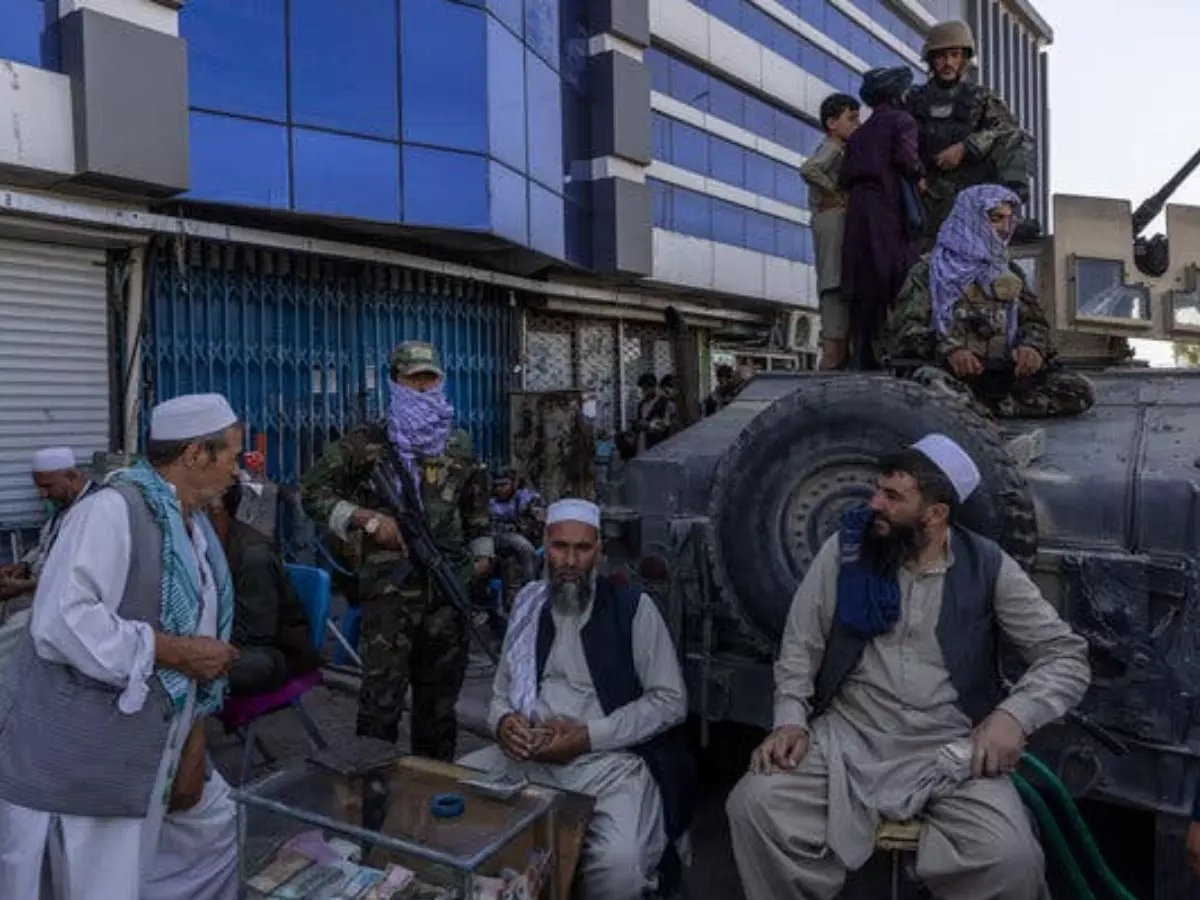Why Is Cash On The Verge Of Disappearing in Afghanistan?
Afghanistan is facing both economic and humanitarian crisis ever since Taliban took over few months back. And now it faces a crippling cash crisis as well. Wondering why? Lets unfold this for you.

Afghanistan is on the brink of collapse, with the crisis, both in terms of economy and on humanitarian grounds, crippling the nationĄ¯s citizens. And it's already feeble economy has gone from bad to worse with cash almost disappearing in Afghanistan.
The reasons behind the crisis
It's supposedly the tight supply of money, coupled with border restrictions and rising international isolation that is leaving the Afghanistan workers unpaid, hence forcing local companies to shut and banks to put limits on withdrawals.
And if this continues, its a threat to Afghanistan from being cut off from the outside world as wireless carriers struggle to pay suppliers.
The most worrying scenario is the worsening food shortages which has been driving the cost of essential goods higher, thus setting the stage for a wider economic and humanitarian crisis in the country.
While the nation fights for survival everyday, the Taliban had earlier said that the revenue from customs duties was enough to cover public-sector salaries. But its unclear how far the funds can be stretched from such revenue sources.
Also Read: A List Of Things That Afghanistan Exported To India
Lack of outside help?
Another issue is that the U.S. and others havenĄ¯t yet supposedly recognized the Taliban as the legitimate authority in Afghanistan, since the concerns about their involvement in terrorism and human-rights abuses are still afresh. The Taliban even lost access to more than $9 billion in central bank reserves after the US President Biden administration froze assets held at U.S. banks in mid-August, with other countries following WashingtonĄ¯s lead. Even the funding from the World Bank and the International Monetary Fund is also on hold.
And for what little reserves might be left, the Taliban have resorted to capital controls, including barring the Afghans from taking dollars out of the country and limiting bank withdrawals. The liquidity crisis is such, that some residents in Kabul have been selling furniture and other household goods at flea markets to raise cash and make ends meet.
For more of such interesting personal finance content, click here.
Click here to download CRED
